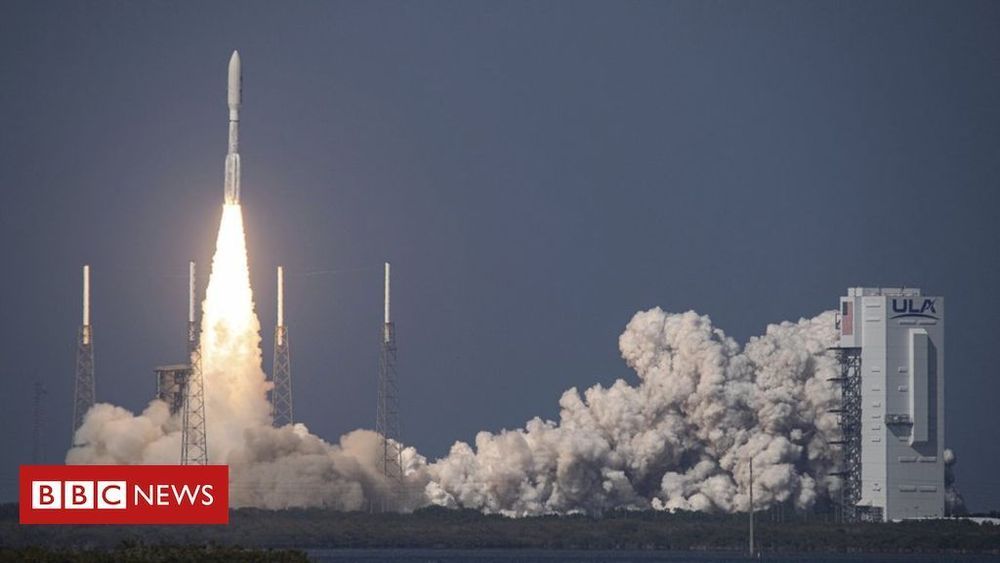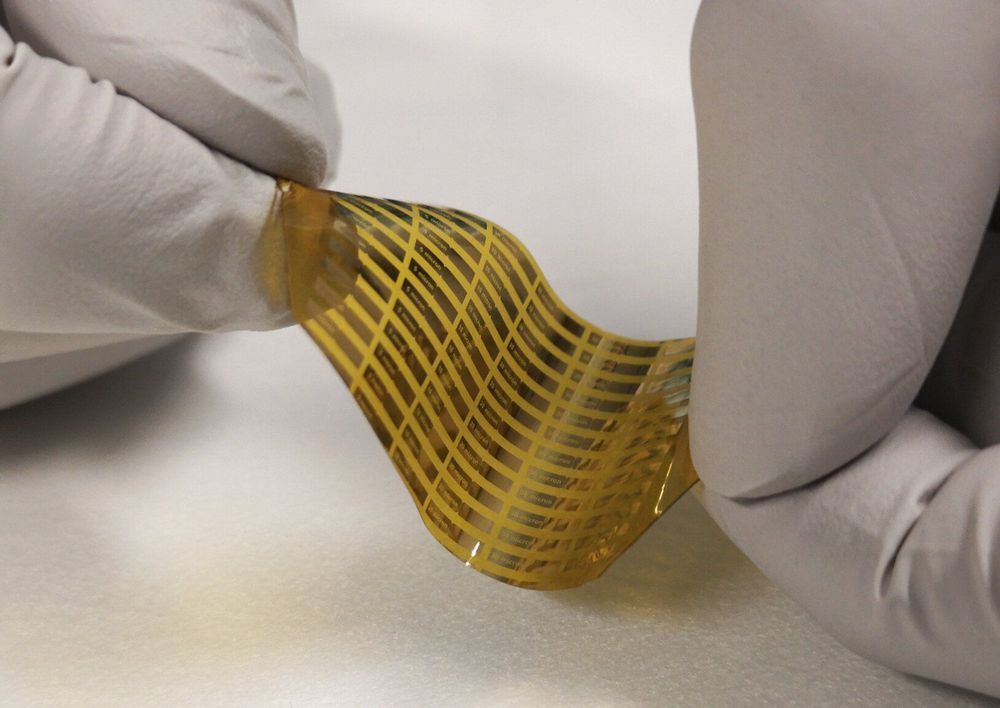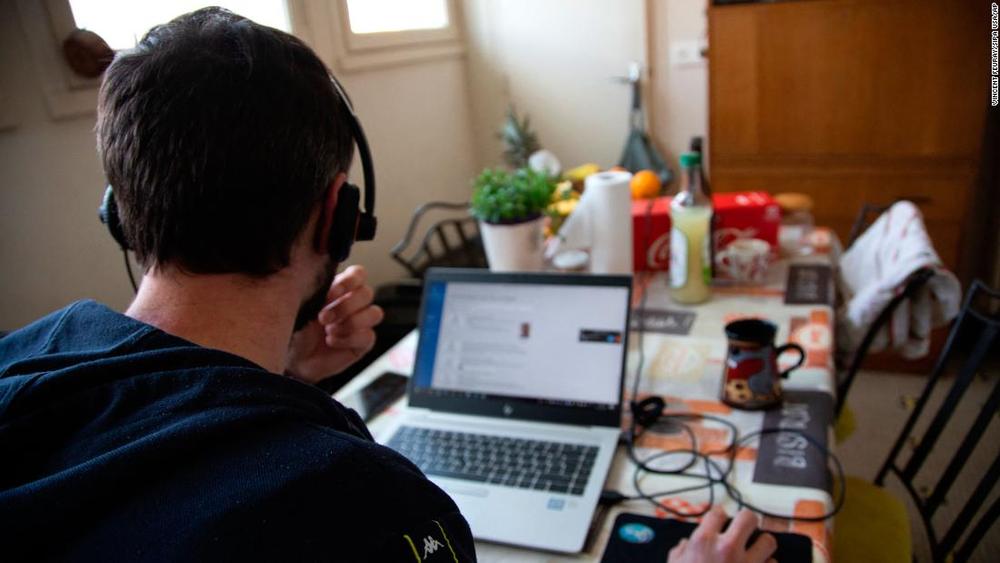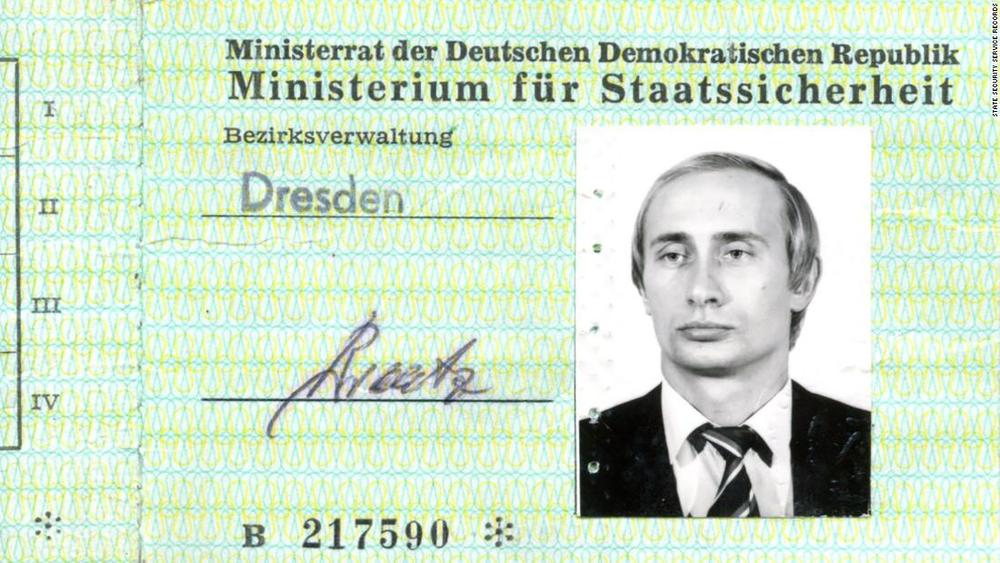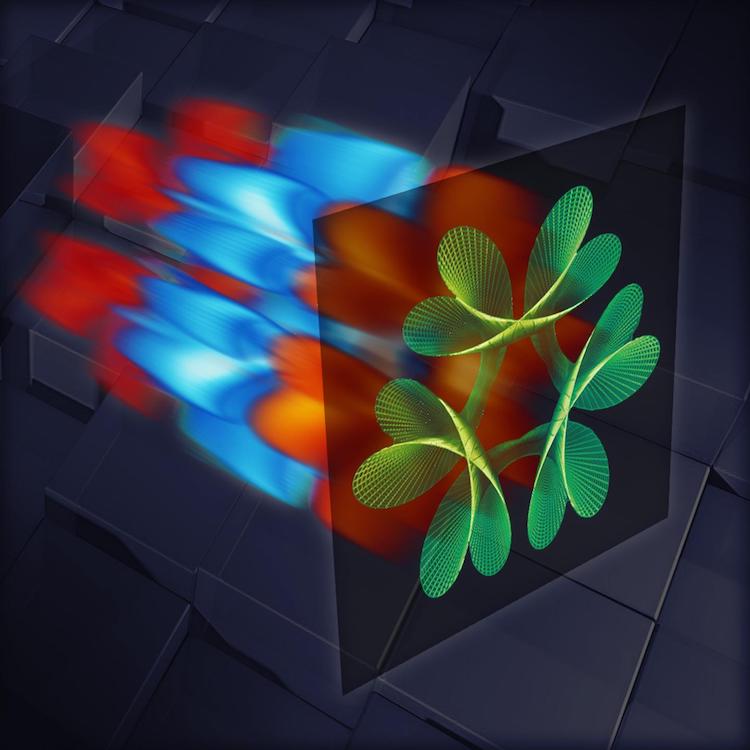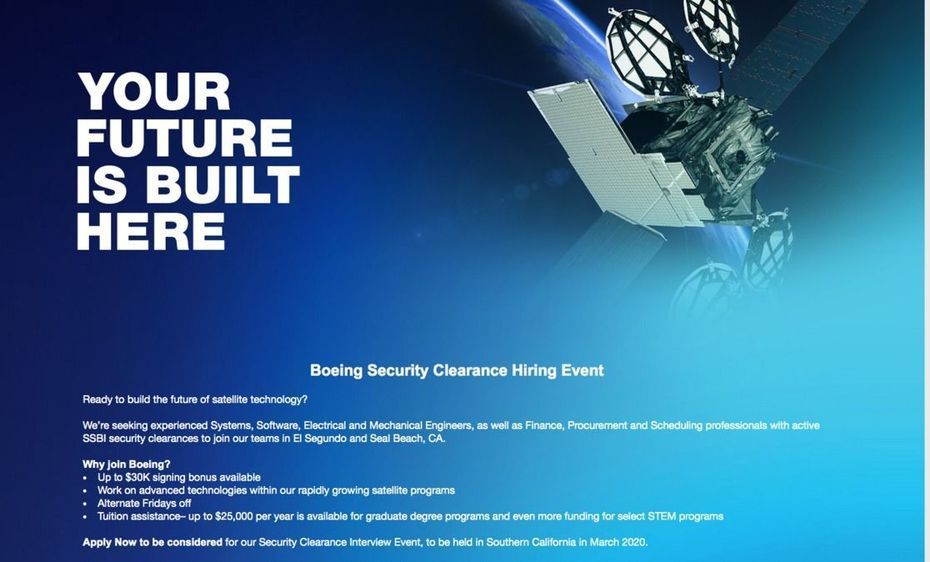Circa 2018: In January 2017, while one of us was serving as a homeland security advisor to outgoing President Barack Obama, a deadly pandemic was among the scenarios that the outgoing and incoming U.S. Cabinet officials discussed in a daylong exercise that focused on honing interagency coordination and rapid federal response to potential crises. The exercise is an important element of the preparations during transitions between administrations, and it seemed things were off to a good start with a commitment to continuity and a focus on biodefense, preparedness, and the Global Health Security Agenda—an initiative begun by the Obama administration to help build health security capacity in the most critically at-risk countries around the world and to prevent the spread of infectious disease. But that commitment was short-lived.
Deadly diseases like Ebola and the avian flu are only one flight away. The U.S. government must start taking preparedness seriously.

